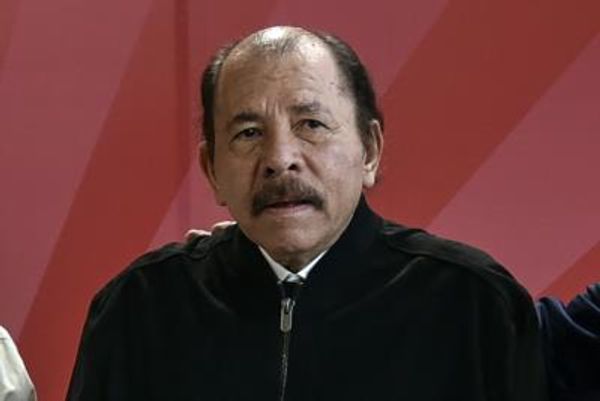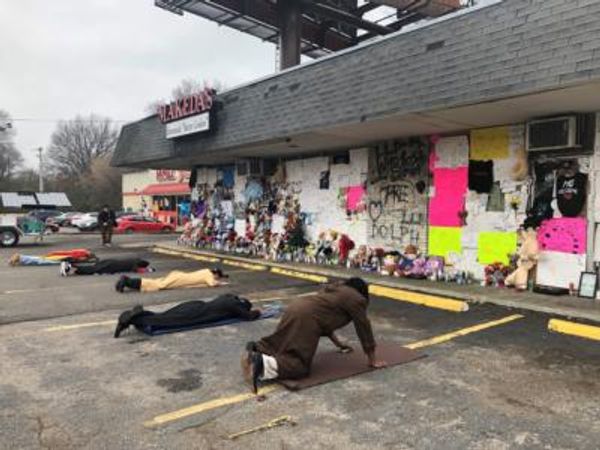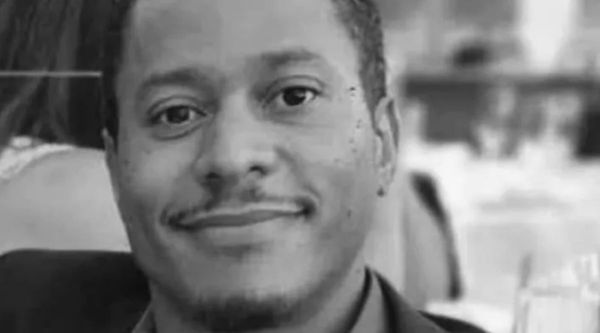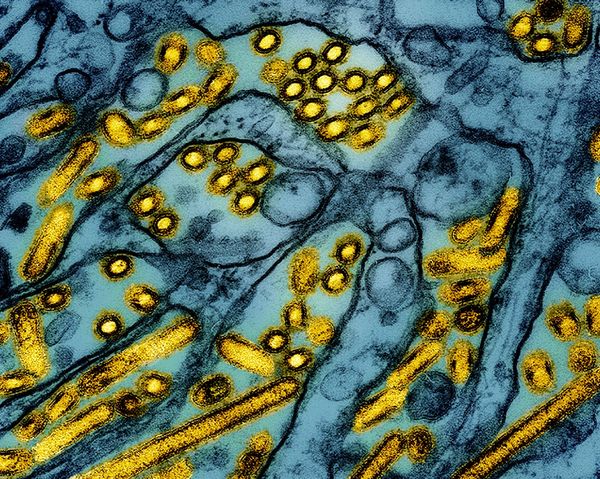
Washington (AFP) - The United States and Cuba on Thursday held their highest-level talks since President Joe Biden took office, but Washington said they focused narrowly on migration and did not herald any broader thaw.
The United States cast the talks as part of its ongoing regional efforts to manage rising migration but Cuba renewed complaints that Washington was to blame for the very issues it sought to address.
Cuban Deputy Foreign Minister Carlos Fernandez de Cossio traveled to Washington for the meetings with US officials including Emily Mendrala, a senior State Department official in charge of Cuba and migration.
"Engaging in these talks underscores our commitment to pursuing constructive discussions with the government of Cuba where appropriate to advance US interests," a State Department statement said.
State Department spokesman Ned Price said the talks were "focused squarely" on migration from the communist island, which has experienced economic tumult after the Covid-19 pandemic dried up its vital tourism industry.
"Our broader policy is predicated on support for the Cuban people, support for their democratic aspirations.There are migration elements of that, there's a family reunification element of that, but these talks are migration talks," he told reporters.
He noted that migration talks had taken place regularly until they were suspended by former president Donald Trump, who championed a hard line and rolled back much of the normalization initiated by his predecessor Barack Obama.
Biden, who was Obama's vice president, has done little to reverse the measures put in place by Trump, who startled Biden's Democratic Party by making inroads among Hispanic voters in the crucial electoral state of Florida.
The Biden administration has instead taken its own punitive action including the imposition of sanctions on senior Cuban officials for repressing rare mass protests last year.
But the United States last month also announced the reopening of consular services in Havana that were shut down under Trump.
The hiatus of embassy services prompted Cubans to travel to third countries such as Guyana and Colombia for processing of visas -- or to seek to emigrate without legal paperwork.
The Cuban foreign ministry said in a statement that the United States had not lived up to prior commitments to issue at least 20,000 visas a year to Cubans.
The delegation also renewed protests over the economic embargo that the United States has imposed on the island since the aftermath of Fidel Castro's 1959 revolution.
Cuba "stressed that these measures, including the extreme strengthening of the economic blockade, result in a loss of life and crimes such as migrant smuggling, immigration fraud and human trafficking, affecting both countries and the region," it said.
Obama reopened the US embassy, which had been shuttered since 1961, but Trump reduced staffing to the bare minimum.
The Trump administration took the action after mysterious sonic attacks sickened employees at the US embassy, a phenomenon since dubbed "Havana Syndrome."
Cuba vehemently denies involvement in the illnesses, which have since been witnessed at a number of US missions around the world.







